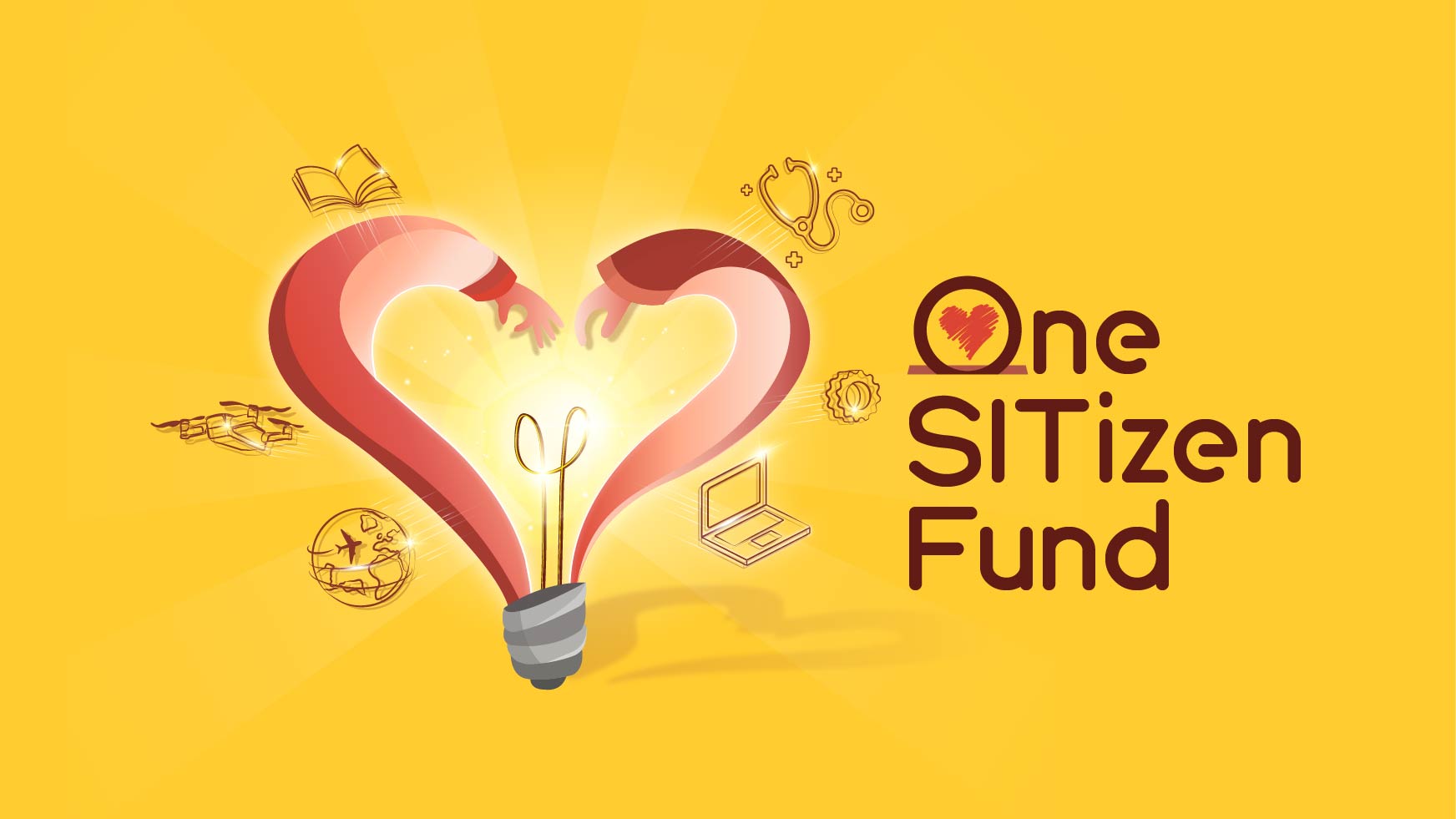
-
Undergraduate Programmes
- Aerospace and Aviation
- Allied Health
- Building and Infrastructure Engineering
- Business and Management
- Chemical Engineering
- Design and Media
- Digital Supply Chain
- Electrical and Electronics Engineering
- Food Technology
- Information and Digital Technology
- Mechanical Engineering
- Nursing
- Pharmaceutical Engineering
- Systems Engineering
- Transport Engineering
-
Undergraduate Programmes
- Aerospace and Aviation
- Allied Health
- Building and Infrastructure Engineering
- Business and Management
- Chemical Engineering
- Design and Media
- Digital Supply Chain
- Electrical and Electronics Engineering
- Food Technology
- Information and Digital Technology
- Mechanical Engineering
- Nursing
- Pharmaceutical Engineering
- Systems Engineering
- Transport Engineering
Mega menu
< Back
Quick Links